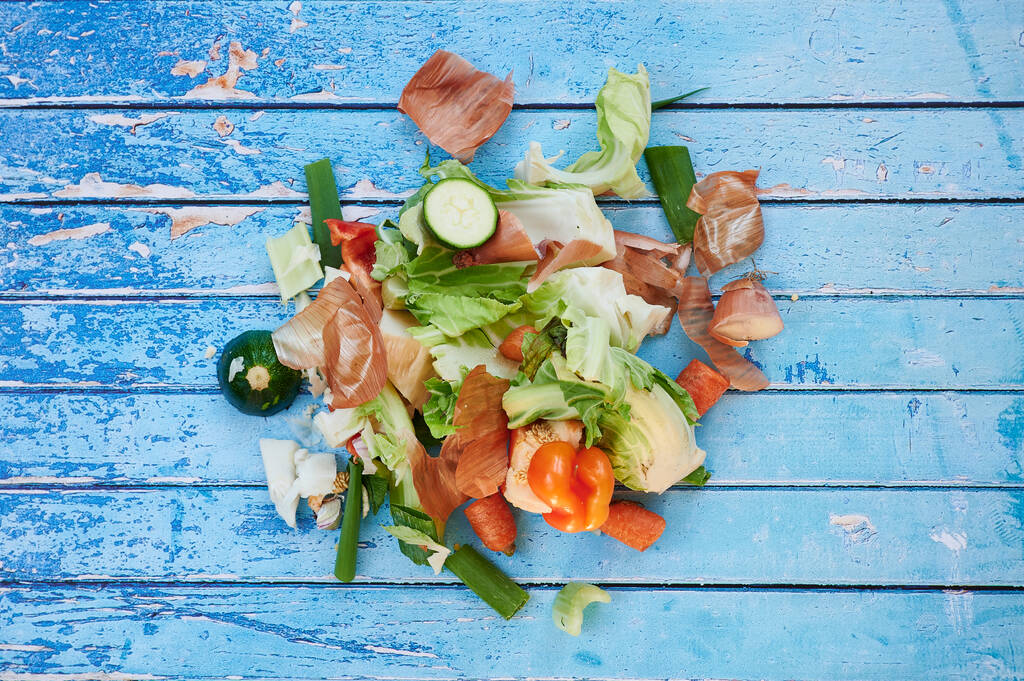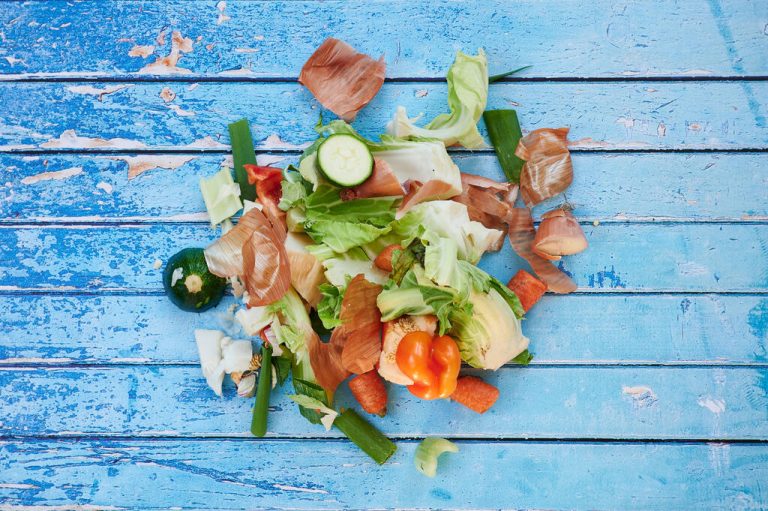Can kitchen towels go in the organic waste? And what about meat? You can find out here what actually belongs in the biowaste and what absolutely shouldn’t be in there.

Organic waste: This can be disposed of in it
The following may go in the organic waste:
food leftovers
eggshells
Dairy products
Meat, sausage and fish leftovers
Fruit waste (also citrus fruits)
vegetable waste
Bread and pastry leftovers
coffee and tea filters
nutshells
fallen obs
cut flowers
potting soil
weed
Grass and shrub cutting
leaves
small branches
Plants attacked by pests
Biodegradable small animal litter
small animal excrement
Newspaper in organic waste: is that allowed?
Paper kitchen towels, newspaper or commercially available paper bags can usually be used to wrap the organic waste. Since there are no longer any heavy metals in printing ink, newspaper and printed cardboard can also be composted without any problems and can therefore be disposed of with organic waste.
That doesn’t belong in the compost bin
packaged food
Flower pots (also biodegradable)
Disposable plastic crockery and cutlery
Excrement from carnivorous domestic animals
candle remains
leather scraps
chipboard wood
textiles
cotton
Meat, fish and sausage leftovers (depending on the municipality)
The wastes listed are examples and are not binding, since the various waste products depend on the recycling possibilities of the plants on site.

Where can I get a green or brown residual waste bin?
The way residual waste containers are distributed varies from region to region. In many cities or districts, you can already apply for the bins using an online form. Otherwise, you can usually find the right contact person for waste disposal in your municipality. When it comes to volume, you can often choose between a few sizes, depending on how much waste is generated. In some districts, however, you also pay for any size of residual waste volume and you also get a bio-waste bin with the same volume.

